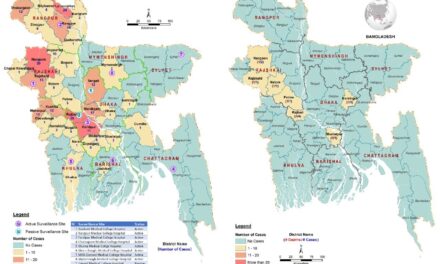University of Queensland Research Urges Tailored Assistance for People with Young Onset Dementia Facing Driving Cessation
A new study from the University of Queensland (UQ) sheds light on the emotional and practical challenges faced by people with young onset dementia when they are required to stop driving. The findings, published in BMC Geriatrics, emphasize the need for specialized support services to help this demographic manage the loss of independence associated with giving up their car keys.
Dr. Theresa Scott, a researcher from UQ’s School of Psychology, led a review of 248 participants from ten studies spanning countries including Australia, the United Kingdom, the United States, Sweden, and Italy. These participants had been diagnosed with dementia before the age of 65, with approximately 60% being male.
The research revealed several common experiences shared by individuals with young onset dementia when faced with driving cessation. These include a profound loss of independence, shifts in family dynamics, threats to self-identity, feelings of isolation, reduced mobility, and the difficulty of accepting their diagnosis. Grief also emerged as a recurring theme among the participants.
While older individuals with dementia face similar issues when they stop driving, Dr. Scott points out that the circumstances for those with young onset dementia are unique and require more tailored support.
“Older people with dementia face similar challenges, but for those diagnosed at a younger age, the situation is different,” Dr. Scott explained. “More specialized, age-appropriate services are needed to help individuals with young onset dementia cope with the challenges of relinquishing their driving privileges.”
Dr. Scott also highlighted the role of lack of insight and impulsiveness—common in midlife-onset forms of dementia—as major risks to driving safety. This lack of awareness about their condition can make it difficult for those with young onset dementia to understand why stopping driving is necessary, leading to potential conflicts with family members and caregivers.
The study also reveals that people with young onset dementia face additional stressors compared to older individuals, including professional, family, and financial responsibilities, which can place extra strain on both the individuals and their families.
In Australia, almost 29,000 people currently live with young onset dementia, and this number is expected to rise to over 41,000 by 2054. Dr. Scott stresses that the development of new programs to assist in transitioning away from driving will greatly improve the quality of life for this growing group.
“Currently, there is a lack of dedicated post-diagnostic and post-driving cessation support for individuals with young onset dementia and their families,” Dr. Scott said. “Existing programs are generally designed for older individuals, with some offering decision-making tools for when to stop driving. However, these programs do not address the unique psychosocial and practical challenges faced by younger individuals with dementia.”
Dr. Scott and her team are working to secure funding to adapt UQ’s existing driving cessation intervention, which was originally designed for older adults with dementia, to better suit the needs of individuals with young onset dementia. Additionally, they aim to develop video-based driving safety tests and resources for primary care providers to assess the fitness to drive in people with young onset dementia.
The study calls for greater awareness and action to address the specific needs of this group, ensuring they have access to the support they need to navigate the transition away from driving and maintain their well-being as their condition progresses.
For more information, refer to the research paper: Theresa L. Scott et al., Young onset dementia and driving cessation: a scoping review of lived experiences, BMC Geriatrics (2024). DOI: 10.1186/s12877-024-05265-x












